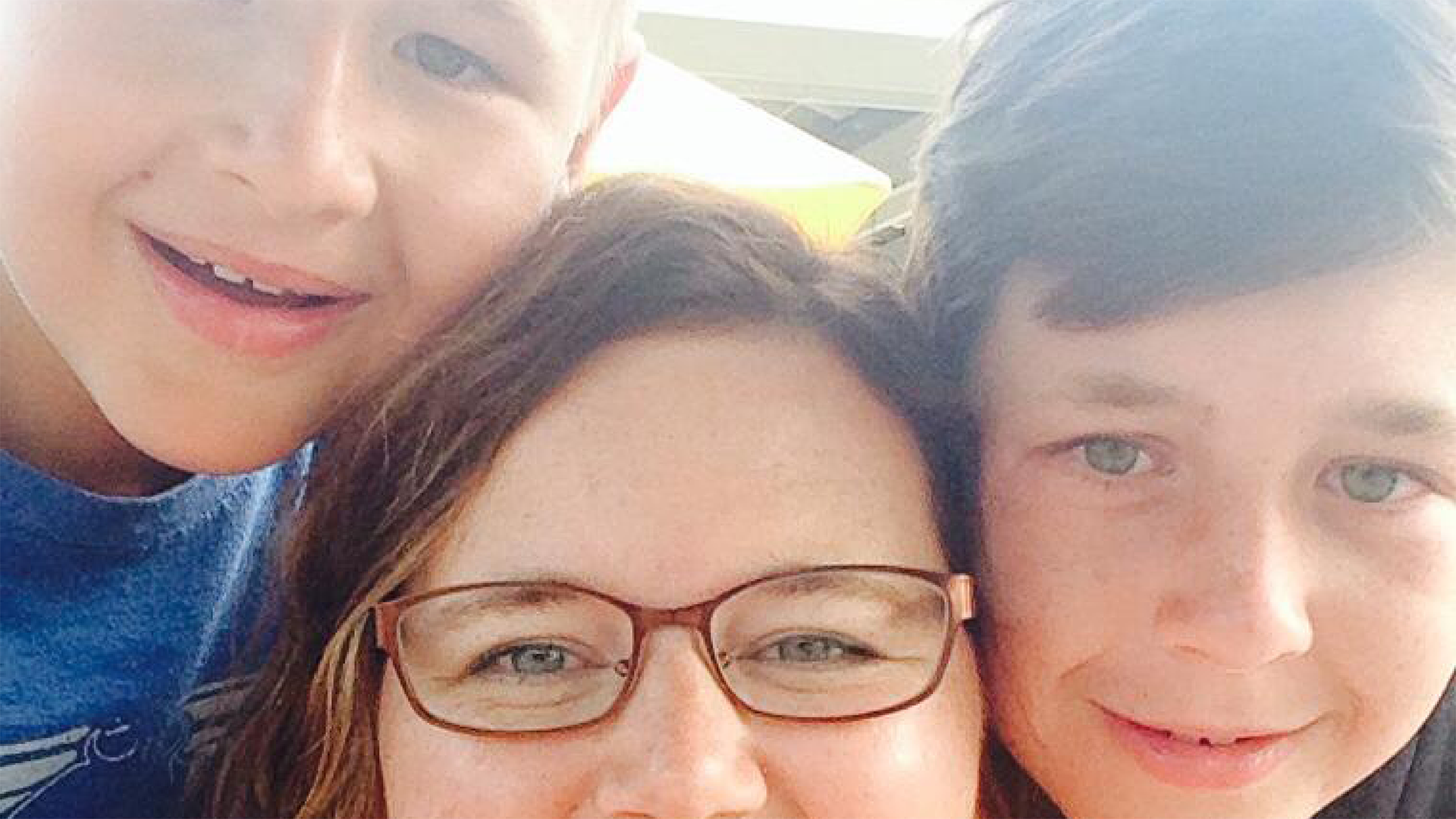Meriah Houser is a former teacher, and a lover of books. You can hear the excitement in her voice when she talks about first learning to read and how her passion for books was ignited. She was eager to pass on her enthusiasm for reading to her sons, Cole and Maddox. When they were toddlers, Meriah quickly noticed that although her boys liked having books read to them, they did not pick up books for themselves. Reading, she later found, was very challenging for them.
Both Cole and Maddox have been diagnosed with dyslexia. It’s something that runs in her family, and Meriah remembers that her grandfather had learning differences. “When he was in school, my grandfather was forced to use pencil and paper and he wasn’t able to communicate that way. As with many people with dyslexia, he had many other strengths. He was articulate and congenial; he made everyone laugh. So, he was socially promoted and graduated from high school without being able to read or write.”
When Cole was first diagnosed, she contacted Raising Special Kids for help in understanding educational services, the IEP process, and how to effectively advocate for her son. Meriah remembers that trying to implement the boys’ IEPs was a challenging time for her. “We were so busy getting the IEPs set we didn’t even realize Assistive Technology (AT) was going to be a tool to make our lives better. You know, it just seemed like another step that we had to take and I felt we were doing so much already. Then, we signed on to Learning Ally, (which, at the time was Recording for the Blind and Dyslexic) and Bookshare.”
Cole now has had access to an iPad in class which he finds beneficial for getting his thoughts out during the pre-writing stage. Meriah is quick to point out that assistive technology is not a panacea and that teacher interaction is critical. “At home, I do a lot of scribing for them. I think that’s really important because the kids need feedback; they need the opportunity to talk about what they’re thinking.” One of her son’s teachers expressed concern that he might be using the iPad as a crutch. Meriah thought “That’s exactly what we’ve been working toward. For him to be immediately grabbing for it is just like anyone else grabbing a paper and pen to write something down. My boys’ auditory comprehension and verbal skills are so superior to their writing skills. When they try to get their thoughts down on paper, they don’t know where to start. These kids have been bathed in literacy, but are not able to articulate their thoughts with a pen in hand. But, if they are able to speak, it looks like two different people have done the work.”
Cole has his audio books loaded on his cell phone, and the district text books and other books they’re reading in class. His school is very open to letting him use his phone in class and he uses Siri to correct spelling.
Meriah remembers nurturing her sons’ love of audio books much like she began doing with written books. “We listened to our first audio book as a family. You can listen together when you’re making dinner or on family trips; any way you can support that love of reading. One benefit of audio books is that they can increase the speed of the playback. My boys are often surprised at how many chapters they’ve completed. They are often able to complete more chapters in a shorter time than their classmates.”
Meriah has used her experience to help other families and is one of the founding members of Decoding Dyslexia Arizona. She has helped educate Arizona Legislators on what it means to have dyslexia and celebrated when SB1461 was passed, providing additional support for students with the diagnosis. As Meriah says, “it’s a good time to have dyslexia.”

